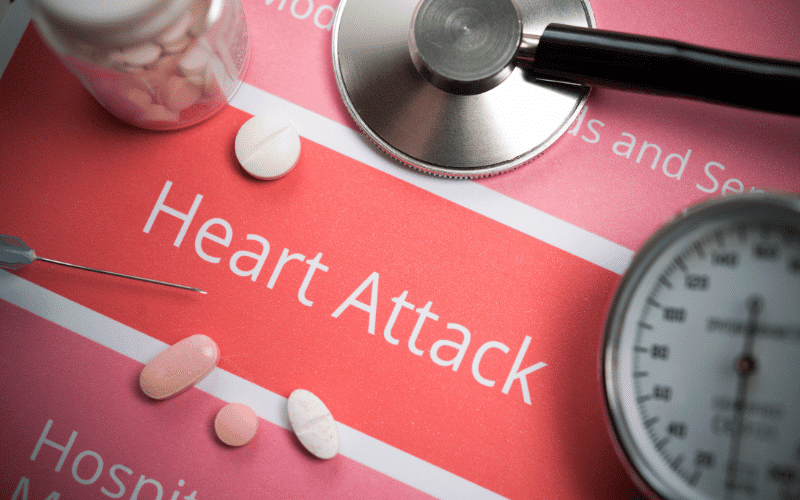Introduction: Deciphering the Language of the Heart

For too long, the popular narrative around heart attacks has painted a simplified picture of severe, sudden chest pain. Yet, reality presents a more nuanced panorama. Our bodies whisper warnings in ways more subtle, varied, and sometimes, confounding. The stakes are incredibly high – heart disease remains the leading cause of death worldwide, with heart attacks making a substantial contribution to this mortality.
The objective here isn’t to incite fear but to advocate for heightened awareness and timely recognition. Heart attack symptoms can range from overt chest discomfort to an unexplained and persistent sense of exhaustion. Often, they commence gradually and intensify over hours, days, or even weeks. These signs may be new, inconsistent, or persistently nagging. Being alert to these could spell the difference between timely intervention and irreversible harm.
By walking you through these 20 pivotal signs and symptoms of a heart attack, we aim to equip you with potentially life-saving knowledge. Not every heart attack announces itself in the same way, and the symptomatology often interplays with individual factors such as age, sex, and pre-existing conditions. Through this exploration, we hope to offer insights that can help recognize and respond effectively to these important signals from your heart.
Symptom 1: Unexplained Fatigue: The Silent Herald of Trouble

In the realm of heart attack symptoms, unexplained fatigue often slips under the radar. It’s a sneaky symptom that can creep up on you, sapping your energy until mundane tasks, like brushing your teeth or doing laundry, feel as taxing as running a marathon.
This kind of fatigue isn’t a normal tiredness that follows strenuous physical activity or a particularly exhausting day. Instead, it is a profound, pervasive weariness that doesn’t align with your level of exertion. It feels more intense and lasts longer. This can be particularly tricky to identify, as it is often chalked up to stress, age, or busy schedules.
Interestingly, women report this symptom more frequently than men in the lead-up to a heart attack. Unlike the chest-clutching distress that many expect, fatigue can be a less dramatic but significant warning sign. It may appear days or even weeks before the actual cardiac event, often being the only symptom experienced.
That said, unexplained fatigue isn’t exclusive to heart attacks. It’s associated with various health conditions, making it a somewhat ambiguous symptom. Nevertheless, its sudden onset or an increase in intensity should not be dismissed. Rather than trying to push through this exhaustion, it should be taken as a signal that your body might be working harder to compensate for reduced cardiac efficiency. (1)